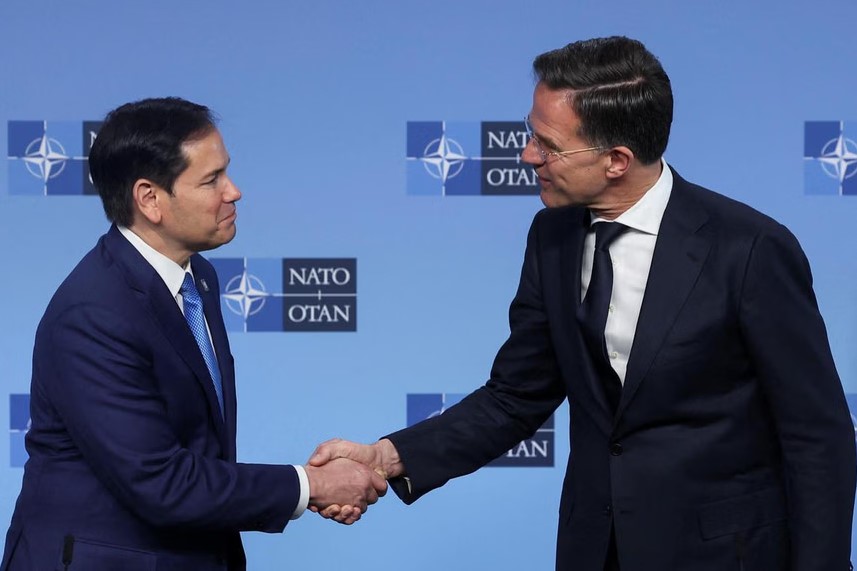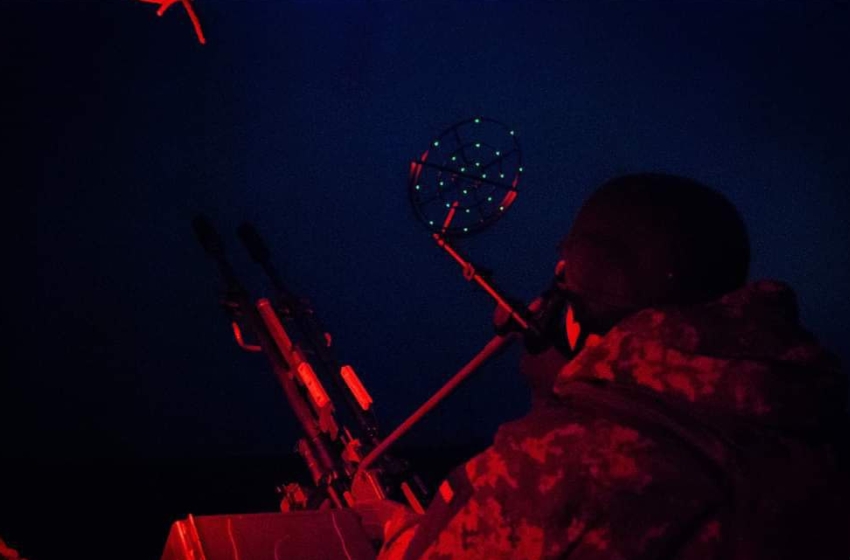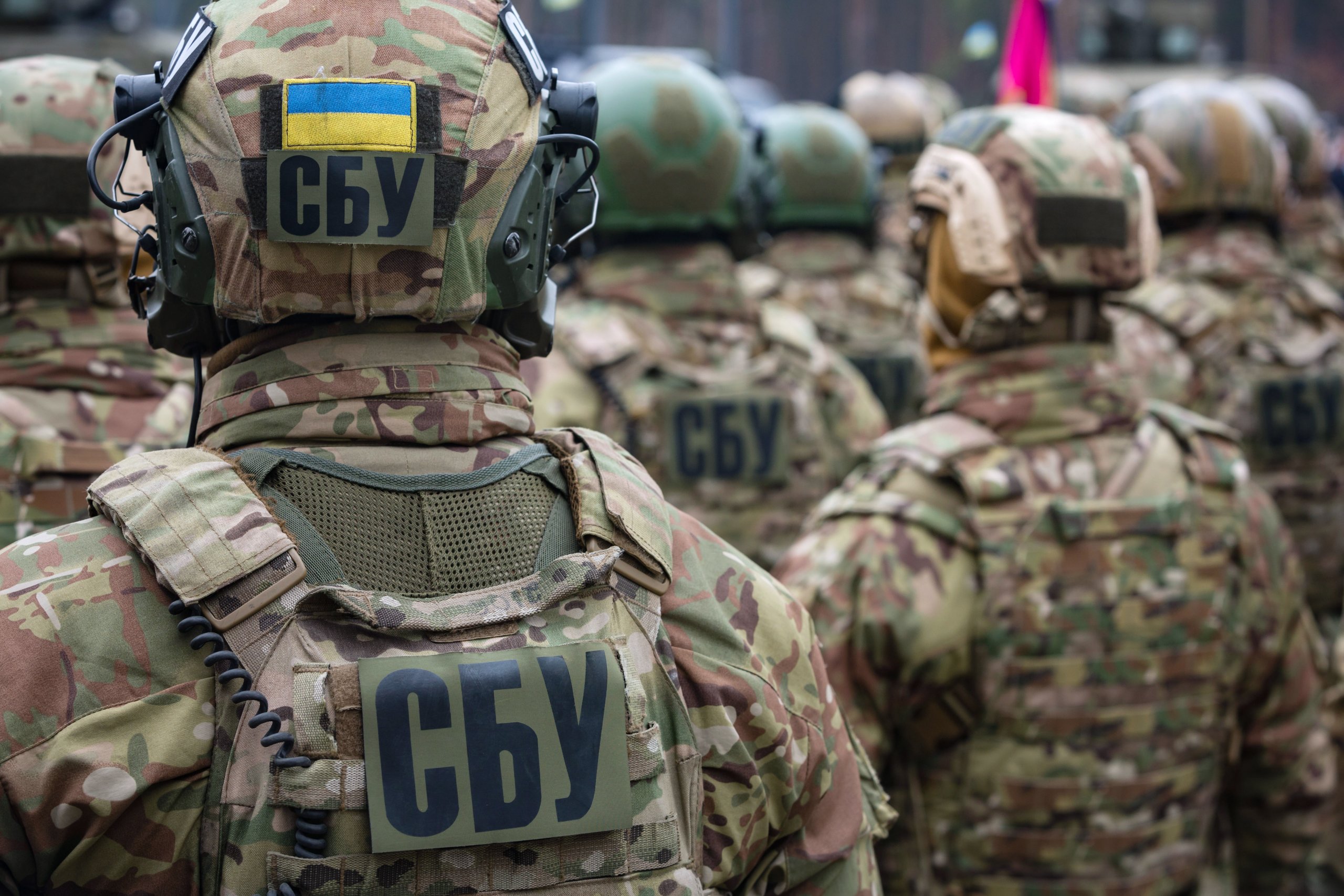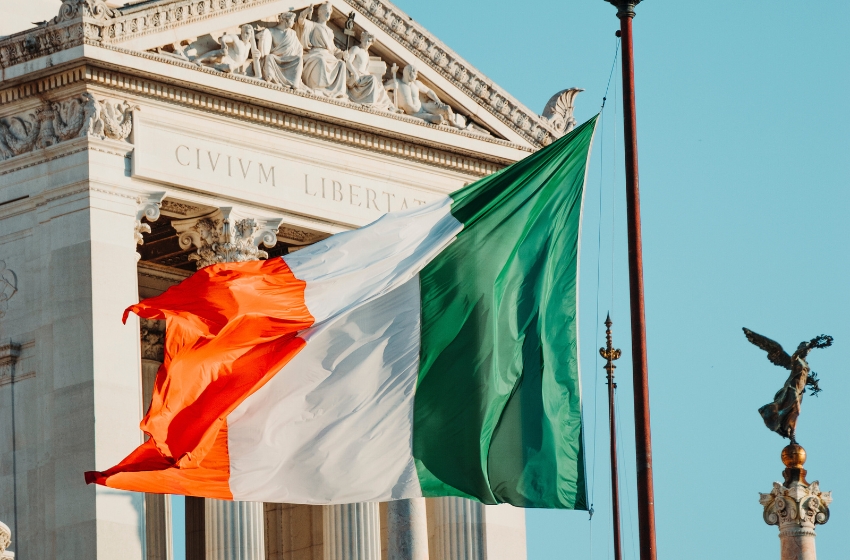The United States continues to support NATO and will remain an active member of the Alliance. This was stated today in Brussels during a joint statement with NATO Secretary General before the start of the NATO foreign ministers' meeting, by U.S. Secretary of State Marco Rubio.
“The United States is NATO, they are as active in NATO as they have always been. And all this hysteria and assumptions I’ve seen in global media, as well as in some local media in the United States itself, are unfounded. The President of the United States has made this very clear – he supports NATO, and we will remain in NATO... But we want NATO to be stronger and more capable. This requires that our partners, the states that make up this important Alliance, have more capabilities,” said the U.S. Secretary of State.
He noted that NATO is not just made up of partners and allies, but powerful economic systems of developed countries that have the capacity to do more.
“We understand this is a matter for discussion. But we do this every year in our country. I can assure you that we also have our internal needs. But we prioritize defense, given the role we play in the world. We want our partners to do the same. I understand this domestic policy that for decades has focused on building huge social systems. But probably, one cannot disregard this and invest more in national security,” said Marco Rubio.

He expressed confidence that the events of the past few years, the full-scale ground war in the heart of Europe, are a reminder that hard power is still necessary for deterrence.
“We really want to leave here with a clear understanding that we are on a realistic path for each member country to commit and fulfill the promise to reach 5 percent (defense - ed.) expenditures. This includes the United States to increase that percentage. Because the threats are truly severe, as I and members of this Alliance perceive them. This must be countered by strong and real commitments to have the capabilities to withstand all these things,” emphasized the U.S. Secretary of State.
He noted that this is the very message President Trump sent to the Alliance during his first administration, and this same message he is sending during his second.
“He (President Trump) is not against NATO. He is against NATO that does not have the capabilities it needs to fulfill the commitments that the (Washington - ed.) Treaty imposes on all and each member country. No one expects you to do this within one or two years, but the path to this must be real. This is the hard truth, but these are the words that must be said now,” emphasized Marco Rubio.
He expressed confidence that with joint efforts, the Alliance will be able to develop the capabilities necessary to protect the territory of each member country and deter any aggressor. At the same time, he expressed hope for the development of cooperation with Indo-Pacific region partners, as threats are also growing in this region of the world.
Today in Brussels, a two-day meeting of NATO defense ministers began. The main issues under discussion by the government officials of the Alliance countries are increasing the defense capabilities of the allied nations and increasing assistance to Ukraine.





















